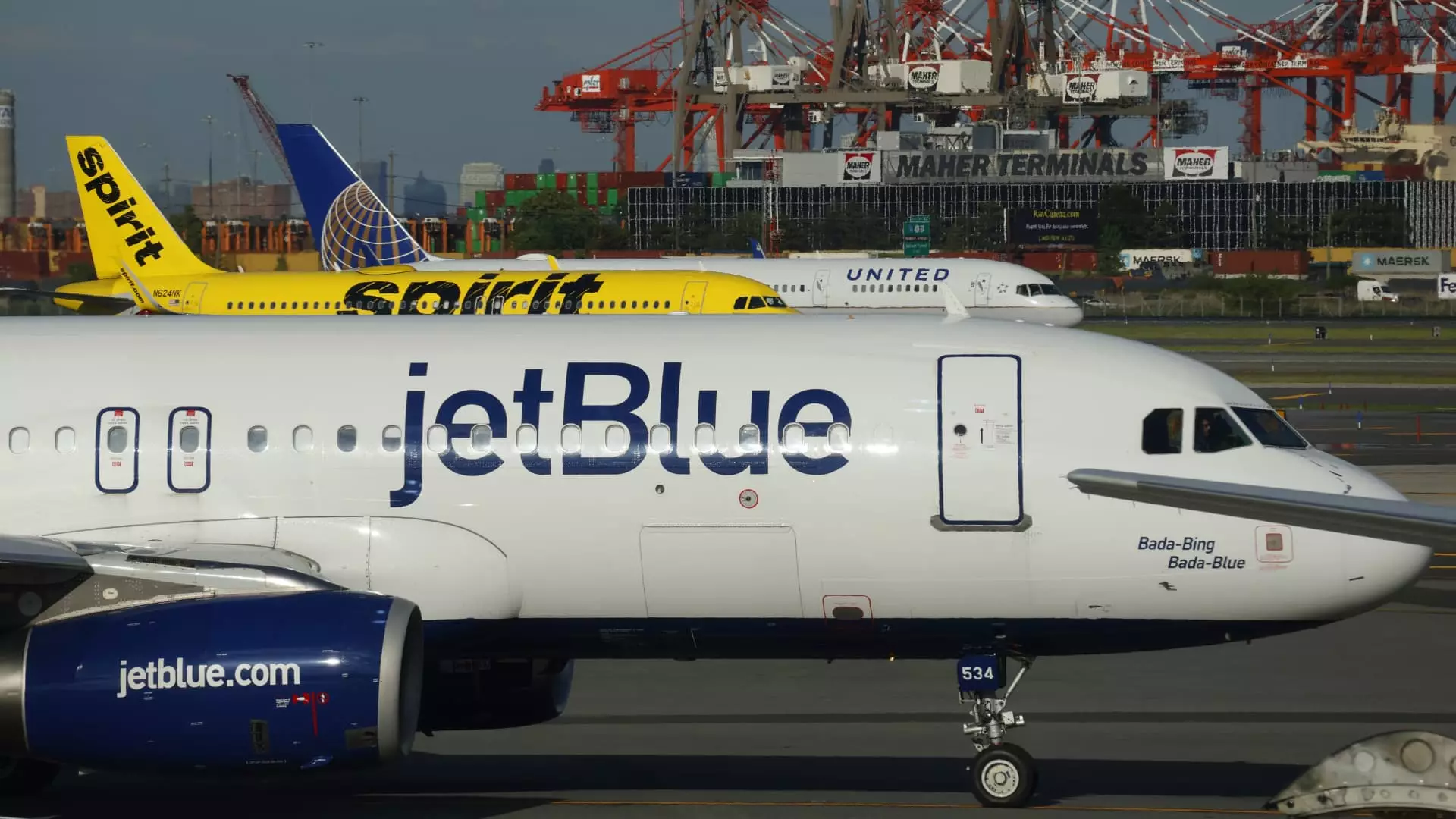Airlines have been facing significant challenges in recent years due to the impact of engine repairs, increased costs, and decreased revenue. This has led to cash-strapped, low-cost, and deep discounter airlines delaying the spending on new aircraft to save money in an effort to return to profitability. Companies like Spirit Airlines, JetBlue Airways, and Frontier Airlines have not posted annual profits since 2019, while larger carriers have been able to achieve profitability.
These airlines are now dialing back their growth plans and deferring deliveries of new aircraft, as evidenced by Frontier Airlines deferring 54 Airbus aircraft to at least 2029. The problem stems from years of aircraft delivery delays, which have led carriers to avoid adding too many planes too quickly. This has caused a backlog in orders, which airlines are now trying to manage.
JetBlue Airways estimates that it will save around $3 billion by deferring 44 Airbus A321 airplanes through 2029, opting to extend some aircraft leases instead. The New York carrier posted a surprise profit in the second quarter but is still looking to reduce costs by deferring aircraft deliveries and exiting unprofitable routes. This move is necessary for airlines to save money and improve their financial stability.
Deferring aircraft deliveries presents a double-edged sword for airlines, as highlighted by JetBlue CEO Joanna Geraghty. While they need planes to fuel growth, taking delivery of aircraft that end up sitting on the ground due to issues like engine recalls significantly worsens the financial burden. This is exacerbated by growing debts, which make it difficult for airlines to afford purchasing a large number of planes.
Spirit Airlines, which has been hit hard by the Pratt & Whitney engine recall, is also deferring aircraft deliveries as it aims to reverse its deep losses. The company reported a significant drop in revenue and a substantial loss, leading to the furloughing of pilots. By deferring all Airbus planes on order until at least 2030, Spirit Airlines is trying to navigate its financial challenges and improve its profitability.
Despite the actions taken by low-cost carriers, the global airline industry is still facing a scarcity mindset, with new fuel-efficient planes in short supply. Lease rates for popular aircraft models like the Airbus A320 and Boeing 737 Max are at record highs, illustrating the challenges faced by airlines in securing new aircraft. This shortage is further compounded by the struggles of major aircraft suppliers, such as Boeing and Airbus, in increasing output due to various post-Covid issues.
The decision by cash-strapped airlines to defer aircraft deliveries has far-reaching implications for the industry. While it may help these companies save money in the short term, it presents challenges in the form of supply shortages, financial burdens, and operational constraints. Airlines will need to carefully navigate these issues and work closely with aircraft suppliers to ensure a sustainable and profitable future.

Leave a Reply